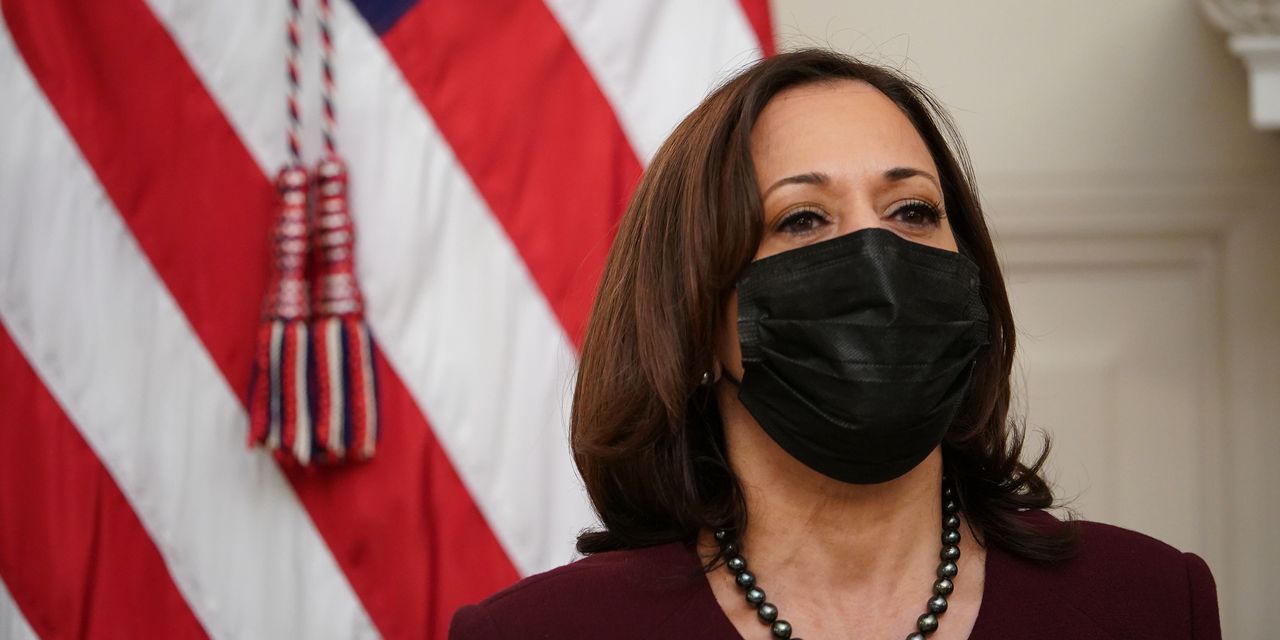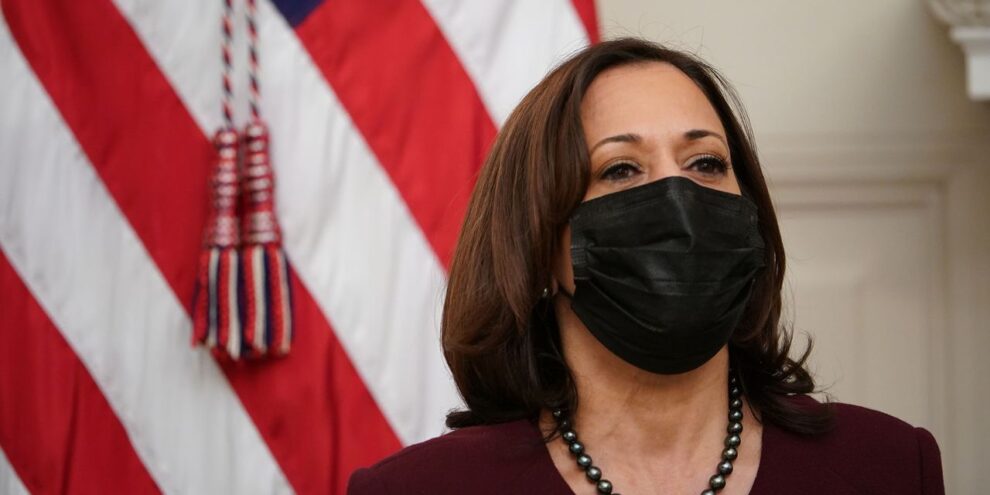
A record-high number of women are expected to serve in President Biden’s cabinet, according to a count by Rutgers University’s Center for American Women and Politics.
Twelve of the 25 cabinet or cabinet-level roles in the Biden administration will be occupied by women, assuming they are confirmed — outstripping former president Bill Clinton’s second-term record of nine women serving concurrently. Biden’s cabinet will also include eight women of color.
One of the Biden-Harris ticket’s promises on the campaign trail was to create an administration that reflected the full diversity of the United States, said Kelly Dittmar, director of research and scholar at CAWP. The fact that this cabinet is more racially and gender-diverse than ever, she said, “is some proof that they have made good on that promise.”
“Certainly, there will still be critiques that it is not diverse enough, or there are still perspectives and experiences that are missing among these 25 people,” Dittmar told MarketWatch. “But they have gone a long way to bringing in individuals who bring lived experiences that are different than many of the people who have held cabinet posts in all of history, including the previous administration.”
Six women served concurrently in cabinet or cabinet-level positions during former president Donald Trump’s term, according to CAWP’s tally. Of the 55 total women appointees to presidential cabinets, Democratic presidents appointed 32 and Republican presidents appointed 23.
Vice President Kamala Harris — the first woman, first Black person and first South Asian American to serve in the office — was sworn in shortly before noon on Wednesday. The Senate on Wednesday also confirmed director of national intelligence Avril Haines, the first woman to oversee the U.S. intelligence community.
Yet to be confirmed are Ohio Rep. Marcia Fudge as Housing and Urban Development Secretary, former Michigan governor Jennifer Granholm as Energy Secretary, small-business advocate Isabel Guzman as Small Business Administration Administrator, New Mexico Rep. Deb Haaland as Interior Secretary, Rhode Island Gov. Gina Raimondo as Commerce Secretary, labor economist Cecilia Rouse as Chair of the Council of Economic Advisers, and trade lawyer Katherine Tai as U.S. Trade Representative.
Center for American Progress CEO Neera Tanden also awaits confirmation as Office of Management and Budget director, as do foreign-service veteran Linda Thomas-Greenfield as ambassador to the United Nations and former Federal Reserve chair Janet Yellen as treasury secretary.
It’s symbolically important for the country to see women and women of color in top levels of leadership and decision making, Dittmar said, as they challenge stereotypes about “who is best fit and most appropriate to hold political power.”
On a more substantive level, however, these women will also bring a diversity of perspective and lived experience to the policymaking tables they lead, she added.
“Just as it would in any institution, it changes the conversation; it helps to hopefully avoid some blind spots in policymaking and priorities,” she said. “At the end of the day, if there is a fully diverse table, then the decisions and the policy outcomes that stem from them should be better, and they should better serve a diverse constituency.”
Some critics have argued that better cabinet representation of women and people of color doesn’t necessarily translate to greater equality.
“ ‘Nobody’s asking you to vote for or support women just because they’re women. But we think that the diversity of gender perspectives and racial perspectives at any table are going to enrich the conversation.’ ”
In a Teen Vogue op-ed column, for example, writer Lily Herman argued in December against a focus on “superficial representation.” She pointed to Haines’ previous role in the Obama-era drone-strike program, as well as homeland-Security nominee Alejandro Mayorkas’s prospective job leading a department with “deep-seated historic problems.”
“Considering that Biden wouldn’t be in office if it wasn’t for Black, Indigenous, and Latinx voters, in addition to capturing the majority of the electorate amongst women, young people, and middle- and low-income voters, it’s crucial to hold his transition team’s feet to the fire and to hear what those constituencies want out of his term as president,” Herman added.
“If the Trump administration’s barely existent attempts at diversity have shown us anything, it’s that superficial representation isn’t enough if it isn’t coupled with strong ideals and action.”
(A Biden transition spokesman didn’t immediately respond to a request for comment on these criticisms. Defenders of Haines say she “helped put in place safeguards on the use of force and greater transparency for the drone program,” the New York Times reports.)
It’s important not to conflate ideology or policy positions with gender or race, Dittmar said. To highlight the importance of representation and identity, she added, is not to say that identities like race and gender are the only perspectives individuals bring to the table.
“We know that not all women hold the same ideological or policy points of view, and likewise, not all Latinos have the same position on immigration,” she said. “When we think about representation from an individual level, it’s recognizing that they bring multiple, overlapping, intersecting identities with them.”
That means factors like educational and professional backgrounds as well as race and gender are all parts of the puzzle in informing how someone approaches policy and prioritizes issues, Dittmar said. “But the reason we often focus on race and gender,” she said, “is because of the particular historical marginalization or exclusion of particular lived race and gender experiences and perspectives from these high-level positions.”
“Nobody’s asking you to vote for or support women just because they’re women,” Dittmar added. “But we think that the diversity of gender perspectives and racial perspectives at any table are going to enrich the conversation.”











Add Comment